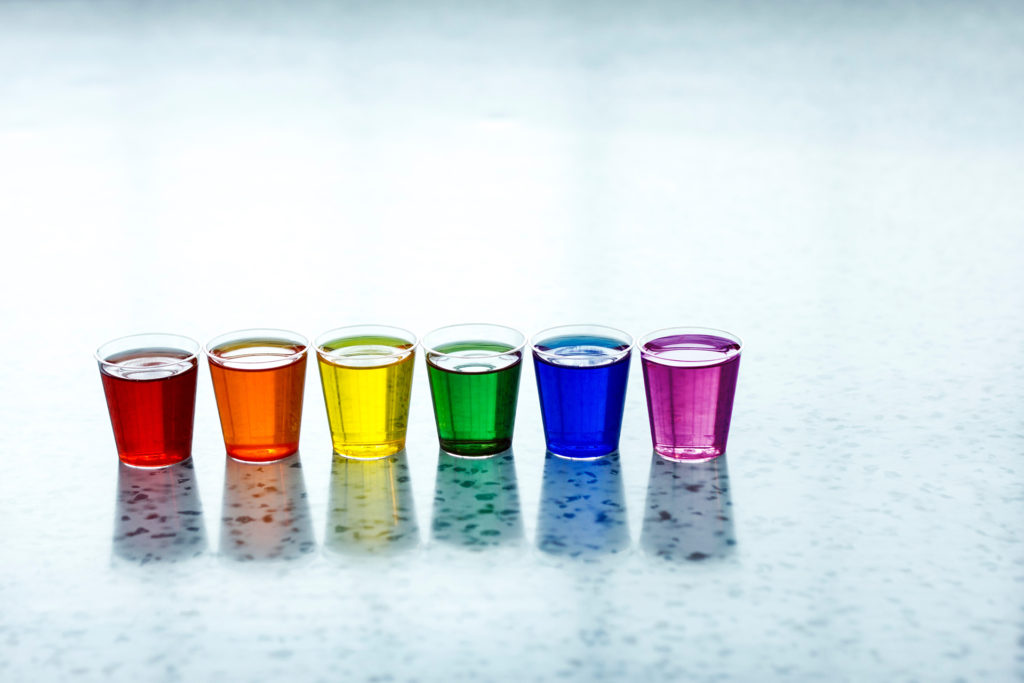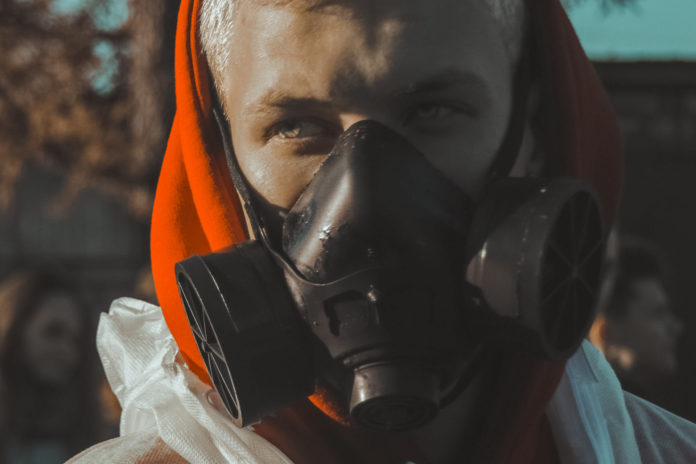- Pesticides are used in many commercially grown fruit, vegetable, and grain crops to protect them from insects, weeds, fungi, diseases, mice and other animals, bacteria, viruses, and mold.
- Antibiotics and other drugs are used to protect livestock from diseases and parasites. Extra hormones may be given to animals to increase meat and milk production.
- Coloring is used on packaged foods to enhance the look of the food being sold.
- Artificial Flavorings (paper pulp, petroleum, etc.) are a proprietary blend used by manufacturers to enhance or mimic the taste and smell of natural foods.
- Preservatives are chemicals used to preserve food longer on the supermarket shelves.
- Sugar is extensively used on most all manufactured food to ‘addict’ the customer to the manufacturer’s products.
- Bleaching or refined are chemicals used to change the color of food to become more appealing to the consumer.

SOLUTION?
Buy organic* whenever you can.
“The Dirty Dozen” are the 12+ most contaminated fruits and vegetables according to the EWG** analysis, so you may want to consider buying these organic if you can:
- strawberries
- spinach
- nectarines
- apples
- grapes
- peaches
- cherries
- pears
- tomatoes
- celery
- potatoes
- sweet bell peppers
- hot peppers
* “The term ‘organic’ means plant crops have been grown without chemical pesticides or fertilizers or genetic modifications. ‘Organic’ also refers to meat, poultry, eggs, and dairy products raised/produced without being fed growth hormones or extra antibiotics when they’re healthy. These organic foods come from animals that have been fed organic grain and other feed. ** The Environmental Working Group (EWG) is an American activist group that specializes in research and advocacy in the areas of agricultural subsidies, toxic chemicals, drinking water pollutants, and corporate accountability.
© Copyright – Hector Sectzer

















